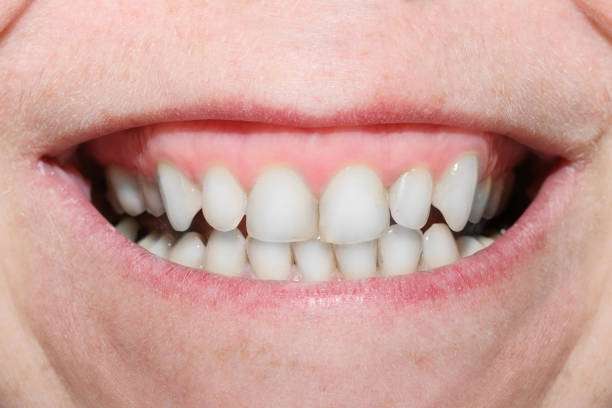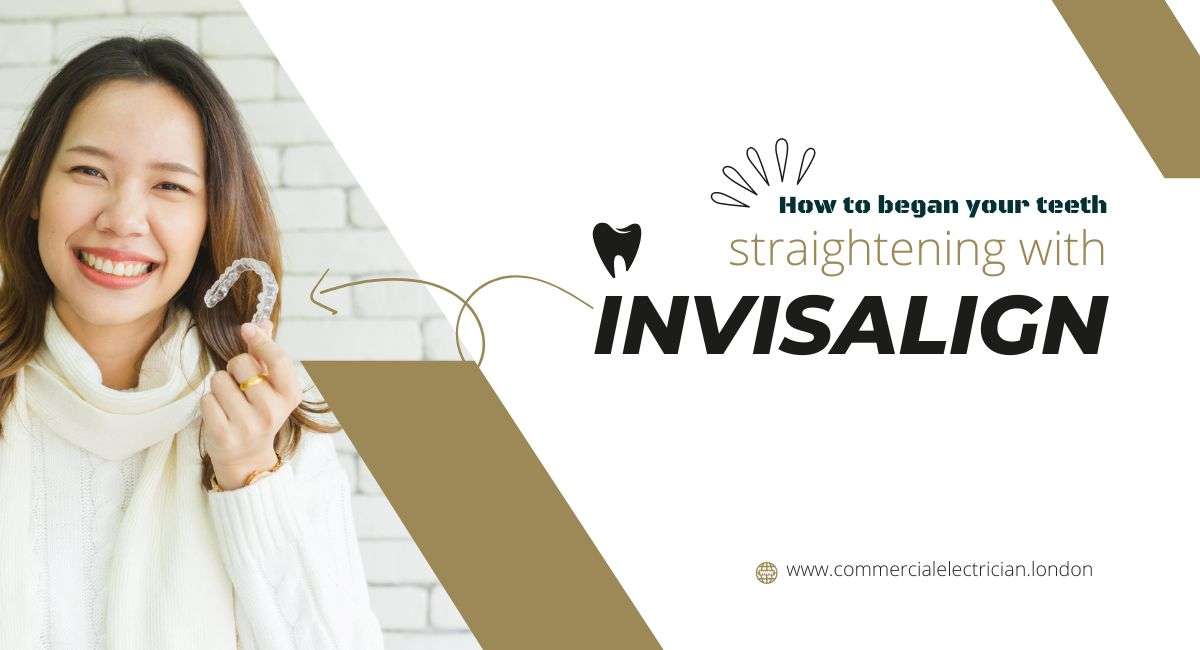One common method for getting a more confident smile is teeth whitening. Concerns over its effect on enamel, our tooth’s outer layer of protection, are common, nevertheless. We will examine how teeth whitening in Hawick affects enamel in this post and offer you with the knowledge you need to make an educated choice about your dental health.
Comprehending Teeth Whitening
Let’s examine how tooth whitening works first, before discussing if it harms enamel. In order to have a whiter smile, teeth whitening entails using whitening treatments or products to lessen stains and discolouration. These preparations often include substances that penetrate the tooth’s surface to remove stains, such as carbamide peroxide or hydrogen peroxide.
The Concern: Enamel Damage
When thinking about teeth whitening, one of the main worries individuals have is whether it would damage the enamel. Since enamel is crucial for preventing decay and harm to our teeth, it is imperative that this issue be fully addressed.
The Verdict: Teeth Whitening and Enamel
When done properly, professional teeth whitening does not intrinsically harm enamel. But there are subtleties to take into account. The kind and concentration of whitening solutions used have a major impact on enamel safety.
Understanding Enamel
The enamel, which is the strong outer covering of our teeth, is essential for protecting teeth from environmental elements including heat, cold, acids, and germs. Though strong, the material is not unaffected by harm.
Whitening of Teeth and Enamel
When used improperly or excessively, several teeth-whitening solutions, especially those with high whitening ingredient concentrations, might damage enamel. The reason for this weakening is that the chemicals in these treatments may temporarily soften the enamel even if they are successful in removing stains.
How to Keep Your Enamel Safe While Whitening Your Teeth
Observe these crucial recommendations to guarantee that your enamel stays healthy during teeth whitening:
Consult a Dentist: It is best to speak with a dentist before starting any teeth-whitening procedure. They are able to evaluate your dental health and decide whether teeth whitening is a good option for you.
Make Use of ADA-Approved Items: Seek for teeth-whitening solutions that have earned the endorsement of the American Dental Association (ADA). The efficacy and safety of these products have undergone extensive testing.
Observe the directions: The manufacturer’s directions should always be followed while using whitening products. Steer clear of overusing the items or keeping them on your teeth for longer than is advised.
Avoid Over-the-Counter Risks: When using over-the-counter whitening solutions, use caution as some of them could contain hazardous substances. Safer alternatives may be suggested by your dentist.
Control Your Sensitivity: Some sensitivity is common during or after tooth whitening procedures. If that happens, think about using toothpaste made for sensitive teeth or giving teeth whitening a break.
Professional vs. Over-the-Counter Whitening
When a dentist performs professional teeth whitening procedures, better whitening solutions with regulated concentrations are usually used. This lowers the chance of damaging enamel in contrast to over-the-counter products, which could have different quality standards.
Alternative Options for Stained Teeth
There are other ways to make your teeth seem better if you’re worried about damaging the enamel or aren’t a good candidate for teeth whitening. These include dental bonding and veneers, which may treat discolorations and stains without harming enamel.
Conclusion
Teeth whitening shouldn’t damage enamel if done properly. But before beginning any teeth-whitening procedure, it’s essential to use care and see a dentist. Because enamel is our teeth’s most valuable layer of protection, keeping it intact is crucial to sustaining oral health. You may have a whiter smile without endangering the condition of your enamel by listening to expert guidance and utilising reliable products.
Keep in mind that keeping proper oral hygiene—which includes regular dental exams and a balanced diet—makes a big difference in how long your enamel lasts and how excellent your oral health is overall. So, when you’re ready to brighten your smile, choose the safest and finest teeth-whitening solution by speaking with your dentist at GK Dental Hawick NHS Family Dental Practice. Your brilliant grin is here to greet you!
Can teeth whitening make my teeth more susceptible to staining in the future?
Some individuals are concerned that after getting their teeth whitened, they may be more susceptible to discoloration. An explanation on how to preserve the outcomes and stop stains in the future would be beneficial.
Is teeth whitening suitable for people with dental restorations like veneers or dental implants?
Because dental restorations might have colours that are different from natural teeth, it’s important to discuss if and how teeth whitening is appropriate for those who have these types of restorations.
What about teeth sensitivity from cold or hot foods after whitening?
Temporary sensitivity is discussed, but particular sensitivity to hot or cold meals and drinks should also be included, along with management advice.
Are there any age limitations for operations involving tooth whitening?
It would be helpful to clarify whether there are any age limits for teeth whitening, such as those that apply to teens.
Is it possible to get better outcomes by combining teeth whitening with other cosmetic dentistry procedures?
For a full smile makeover, some people may choose to consider complimentary treatments like dental bonding or contouring in addition to teeth whitening.
What effect does teeth whitening have on the thickness of tooth enamel?
talking about the possible effects of teeth whitening on enamel thickness and how it can influence dental health in general.
Are there natural or home remedies for teeth whitening that are enamel-friendly?
For teeth whitening, some individuals choose natural techniques. It would be instructive to discuss any natural or safe home cures or medicines that are safe for enamel.
Can severe interior stains or discolorations be treated with tooth whitening?
Although the article noted that internal causes of grey staining may not react well to whitening, it would be helpful to provide further information on treatment choices for internal stains that are difficult to remove.









